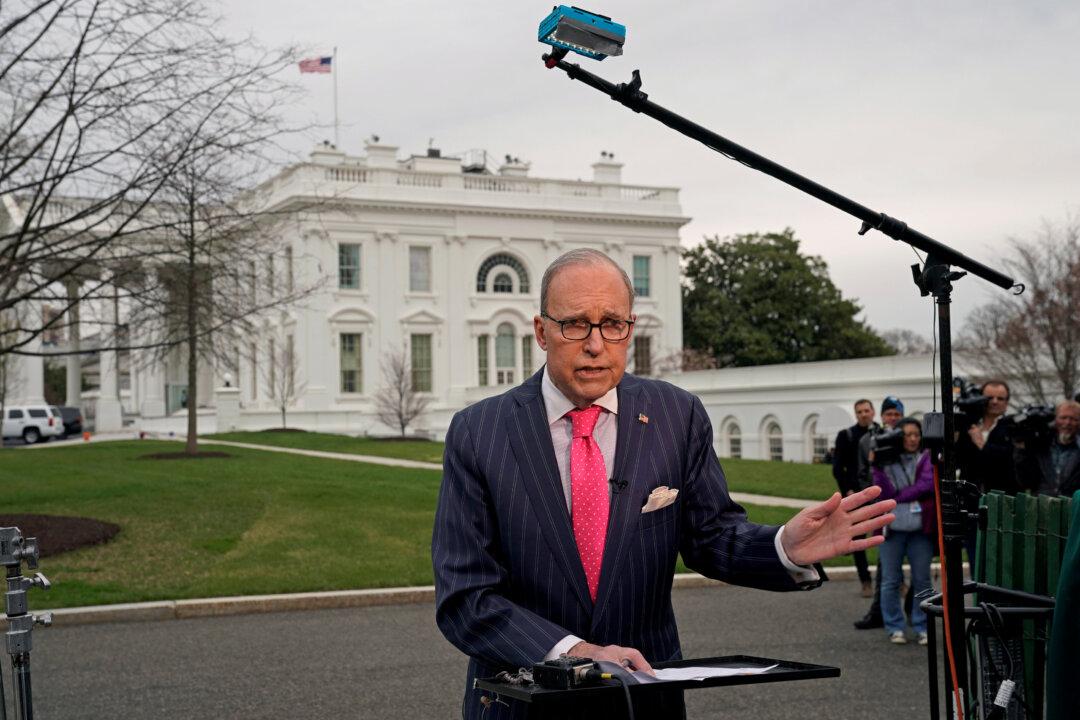White House economic adviser Larry Kudlow said that there have been discussions about the next stimulus plan, but he stipulated that the Trump administration doesn’t want a Democratic proposal worth $2.5 trillion.
Kudlow, the head of the National Economic Council, told reporters on Friday that “there’s a lot of conversations, which is good, but there is no agreement yet.”





